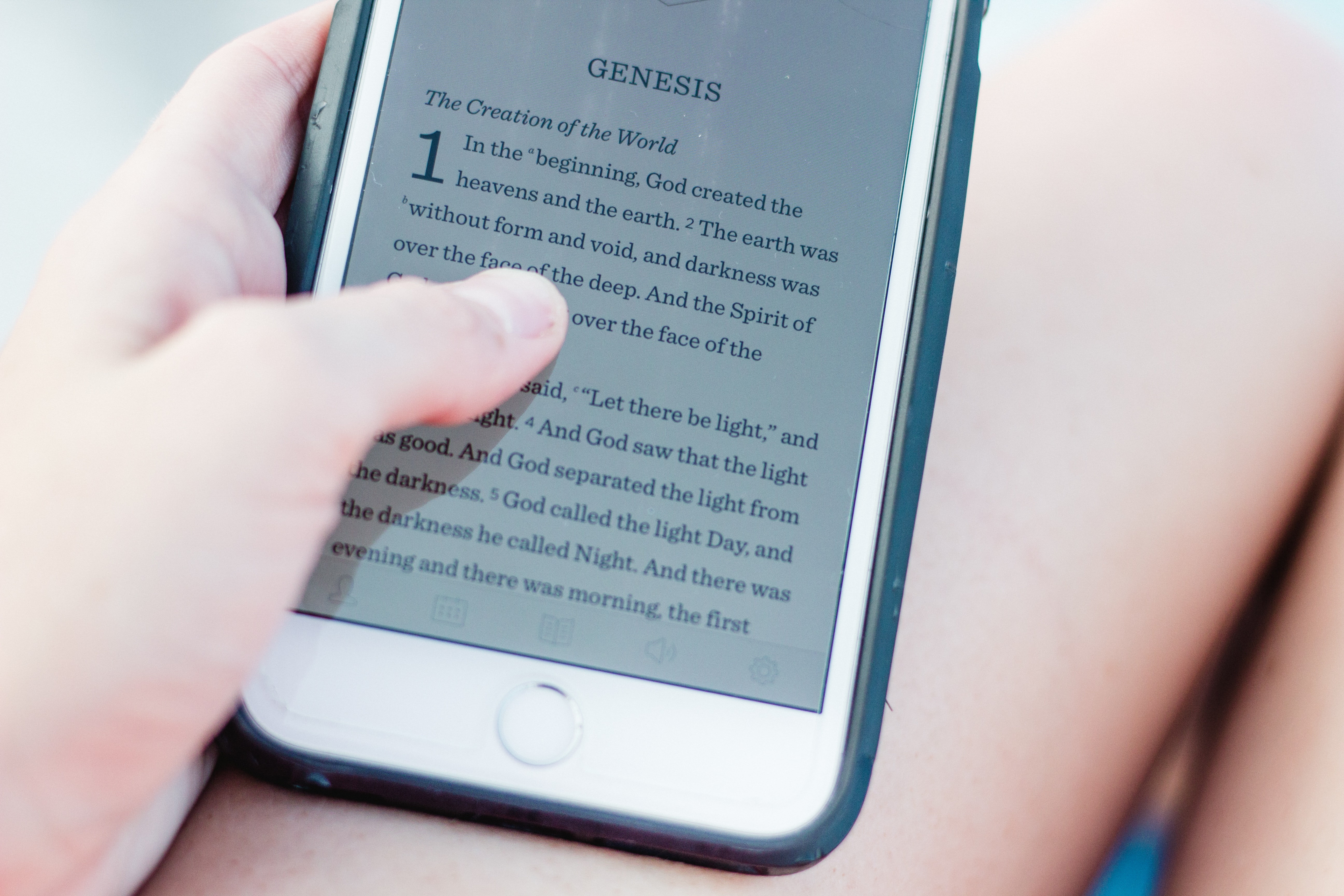
Fearing Death and Forgetting Eternity
I want to take this time to share today and focus on something that has been in the headlines the last couple of weeks—the death of Steve Jobs. Let’s take a look at a statement Steve Jobs made at Stanford University’s graduation a few years ago.
“Remembering that I’ll be dead soon is the most important tool I’ve ever encountered to help me make the big choices in life. Because almost everything—all external expectations, all pride, all fear of embarrassment or failure—these things just fall away in the face of death, leaving only what is truly important.”
Steve Jobs has been called the “secular prophet” of our generation. This title was given to him by Andy Crouch in an article in the Wall Street Journal. Crouch’s focus was on this genius—and he was—who gave birth to the iPod, iPad, iPhone, and the Mac and how he found meaning and purpose in this life even though he didn’t believe in life after death. It has been reported that he had a fear of dying—a normal fear for all who have no hope.
His religious beliefs centered around Buddhism, which ultimately ends up in “nothing-ism” or atheism. To a Buddhist, there is no life after death. As the secular prophet of our post-modern time, Steve Jobs was the hero of this particular belief system . . . the system that says this life is all you have and your contribution to society is the ultimate meaning in life.
It makes sense if there is no life after death that my worth can only be measured in how I advanced human society for “the good.” Certainly he did that in a unique way . . . but what is the point?
The Apostle Paul, a few days before he died said this:
I have fought the good fight, I have finished the race, I have kept the faith. Now there is in store for me the crown of righteousness, which the Lord, the righteous Judge, will award to me on that day—and not only to me, but also to all who have longed for his appearing. —2 Timothy 4:7-8
Paul had a very different view of this life and the after life than Steve did. For him, focusing on eternity determined how he lived while on earth. For him it made all the difference.
Listen to his confidence when he says, “There is in store for me the crown of righteousness which the Lord will award to me. Not only to me, but also to all who have longed for him.”
Paul didn’t fear death. No—Paul’s heart was full of inexpressible joy because he used his life to make Jesus Christ real to the people he encountered. It gave his life meaning for his present day . . . but also for eternity.
Brothers and sisters—I challenge you to live boldly, courageously, and joyfully for the “hope of glory” that is found in Christ alone. I praise God for the “Thomas Edisons,” the “Albert Einsteins,” and the “Steve Jobs,” but the point of our lives is to point as many people as possible to Christ.
There is some reality to Steve Jobs’ statement that death determines everything that is important. For the Christian that is to be “all in,” no matter what, because our short, earthly lives and our gifts are to be used for the sake of the Lord’s name.
Related Categories
FaithJohn Maisel
John's travels for ministry behind the Iron Curtain led him to found East-West Ministries International in 1993. John and his wife, Susie, live in Dallas, Texas and have a grown daughter and two grandchildren.